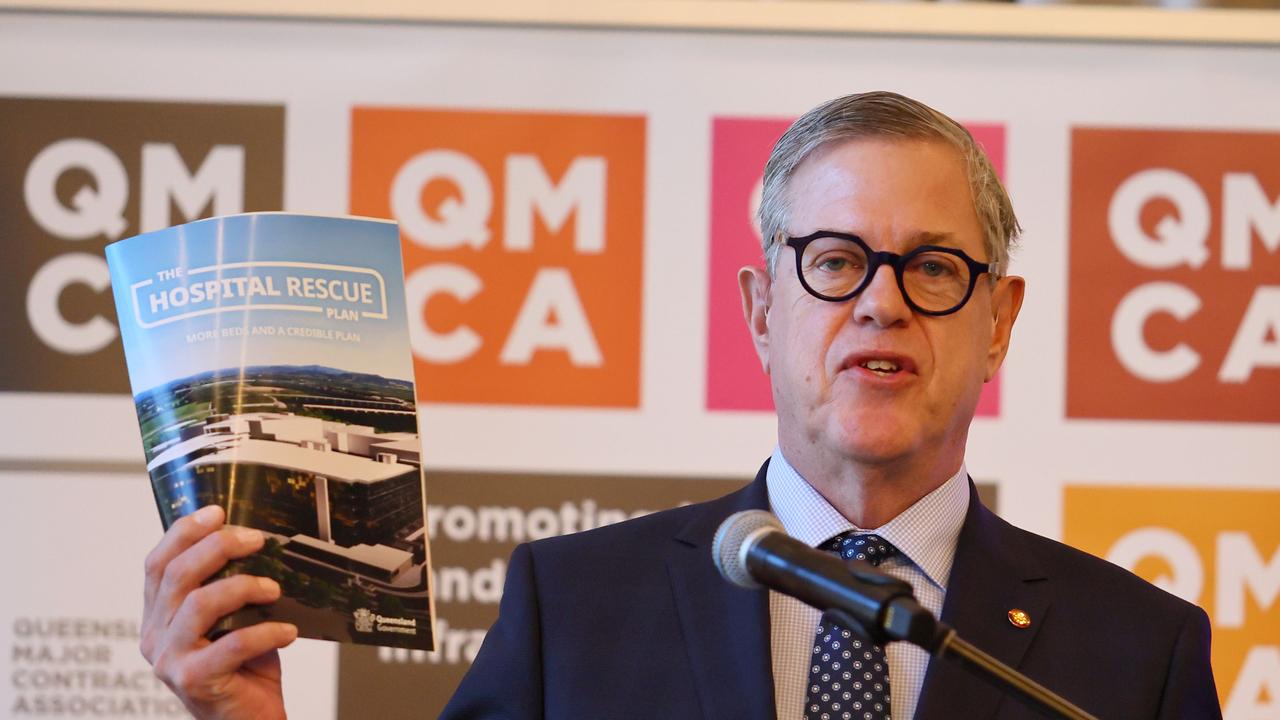Editor’s view: Why integrity matters in government jobs
While many of those who occupy often highly paid taxpayer-funded jobs might well have the relevant qualifications and experience, it is at best a bad look – and at worst, a serious problem, writes the editor.
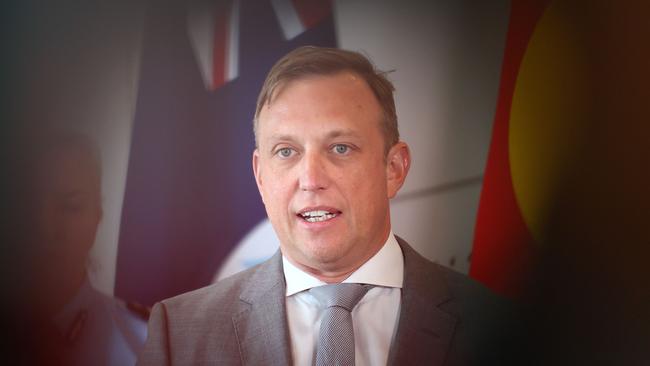
Opinion
Don't miss out on the headlines from Opinion. Followed categories will be added to My News.
As Queensland Premier Steven Miles has recently learnt, it is critical that the public has faith – always – that a proper process is run to determine any appointments made by elected politicians and their staffers to powerful and often highly paid taxpayer-funded jobs.
That would seem common sense.
But there does seem to be a view from both sides of politics that a wide range of such jobs are there for retired colleagues, party donors and supporters, or union officials.
It is common knowledge this was the case with many plum overseas posts such as trade commissioners and the like.
But there are plenty of other lucrative, less high-profile gigs routinely given to political mates – as a quick Google search of the boards of most superannuation funds and government-owned corporations shows.
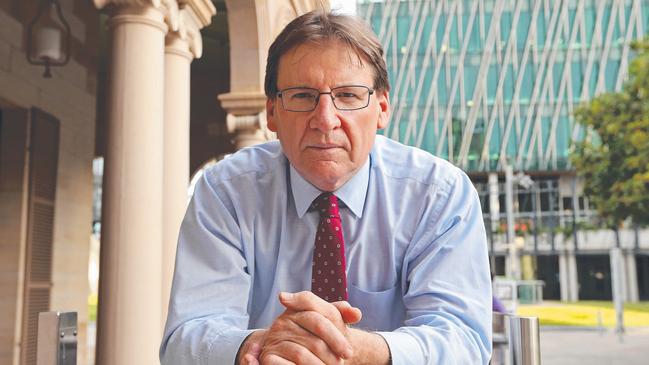
While many of those who occupy these plum posts might well have the relevant qualifications and experience, it is at best a bad look – and at worst, a serious problem.
As the respected Professor Peter Coaldrake warned in his landmark 2022 review into the cultural issues inside Queensland’s public service, “confidence in recruitment and selection processes is important in fostering trust both outside of and within the public sector – and counters the risk of politicisation”.
He also made a point of noting an Audit Office review that suggested recruitment processes for state government boards were not “consistently in line with best practice”. That is, they can stink.
It is this culture of a closed shop that led Mr Miles to make the first proper mistake of his premiership – to announce that he had hired his predecessor’s director-general Rachel Hunter to conduct a review into homeless funding, just weeks after she was paid at least $400,000 by taxpayers because her services were no longer required. Mr Miles did ask Ms Hunter to do it for free, but only after being questioned.
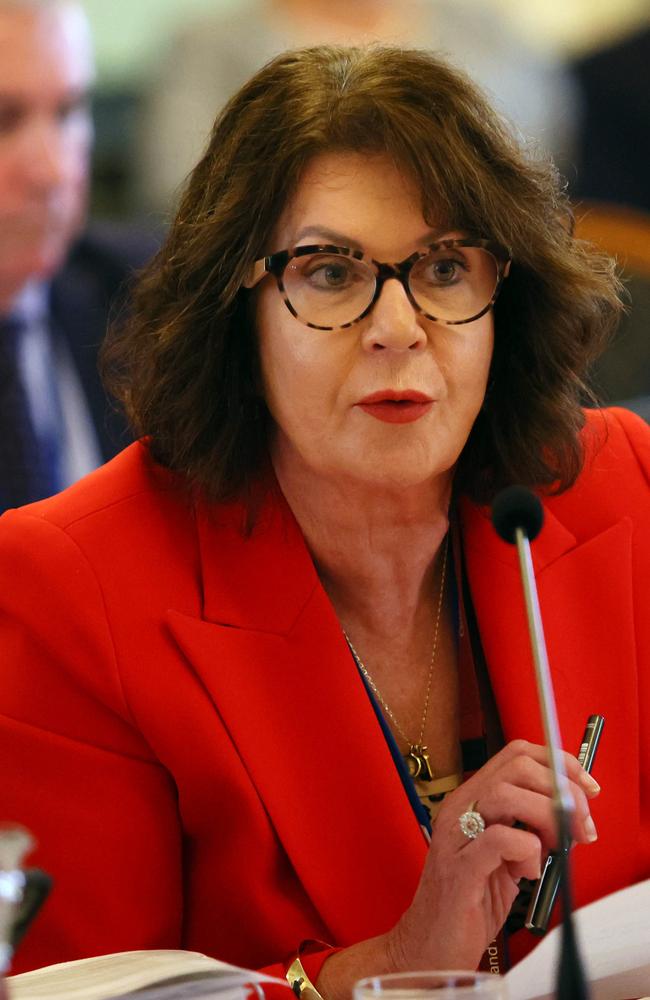
Ms Hunter was qualified for the task. The process was the problem.
In Canberra, Prime Minister Anthony Albanese would do well to keep this lesson top of mind as his Attorney-General Mark Dreyfus progresses plans to establish a new Administrative Review Tribunal.
The new tribunal – tasked with reviewing government decisions – is to replace the Administrative Appeals Tribunal that the Coalition had stacked over the past decade with 85 former Liberal MPS, staffers and other party associates.
Integrity advocates are warning that the new body as proposed lacks the necessary checks and balances to protect it from – in the future – being stacked in exactly the same way, by political appointments.
The warnings are based on the fact that while Mr Dreyfus proposes giving the relevant minister the power to establish panels to assess candidates for the tribunal, the legislation as it stands does not make that step mandatory.
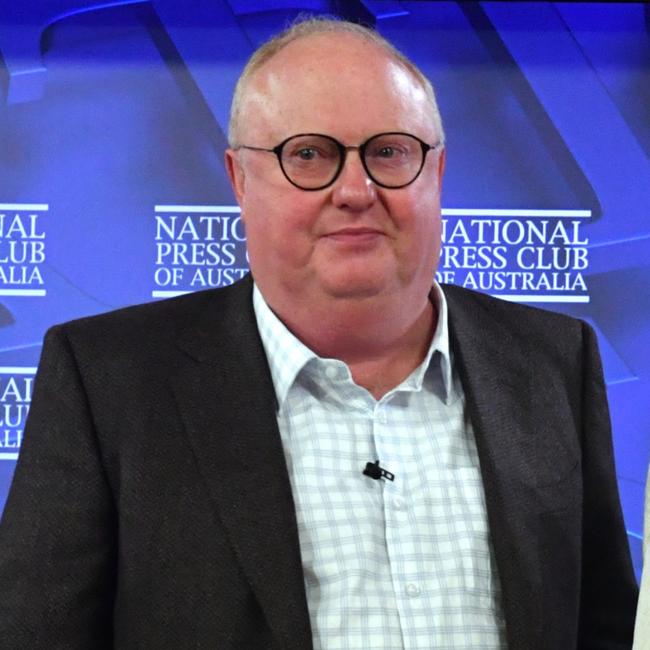
The Centre for Public Integrity’s Geoffrey Watson SC suggests that all candidates for the tribunal should first be proposed by an independent panel of qualified people, and that the minister must then publish the reasons for any departure from that list.
It seems a fair enough suggestion, and perhaps it is a model that the Miles government should consider for its own appointments here – as further proof of its commitment to being an administration that genuinely believes in integrity.
As Mr Watson points out, the question could otherwise be posed: “Why should we have confidence in your dedication to integrity issues if you’re going to fall short ... on this important point? It’s instructive.”
You might say, even elementary.
Sun guidelines are there to save skin
The sun-exposure guidelines released by QIMR Berghofer researchers are sure to spark debate across our state, which has the highest rate of skin cancer in the world.
Dividing the population into three skin types – broadly, those with dark skin, those with pale skin and those in between – the guidelines not only take into account the risks of sunburn and skin cancer, but also vitamin D deficiency from lack or exposure to sunlight.
People with fair skin, for example, are advised to spend only five minutes an hour outside, with 35 per cent of skin exposed, in February. They can, of course, spend longer if wearing a hat, long sleeves and sunscreen.
Lead author Professor Rachel Neale said with skin cancer costing the Australian economy up to $2bn a year, people should err on the side of skin protection.
“It is really important everyone in Australia, apart from those with deeply pigmented skin, wears sunscreen daily. It should be part of your normal morning routine, just like brushing your teeth,” she said.
It’s important to remember that these are guidelines, not rules.
But it is also important to remember that skin cancer is in most cases preventable, and the simple steps we take every day can save a life.
Read related topics:Integrity crisis

